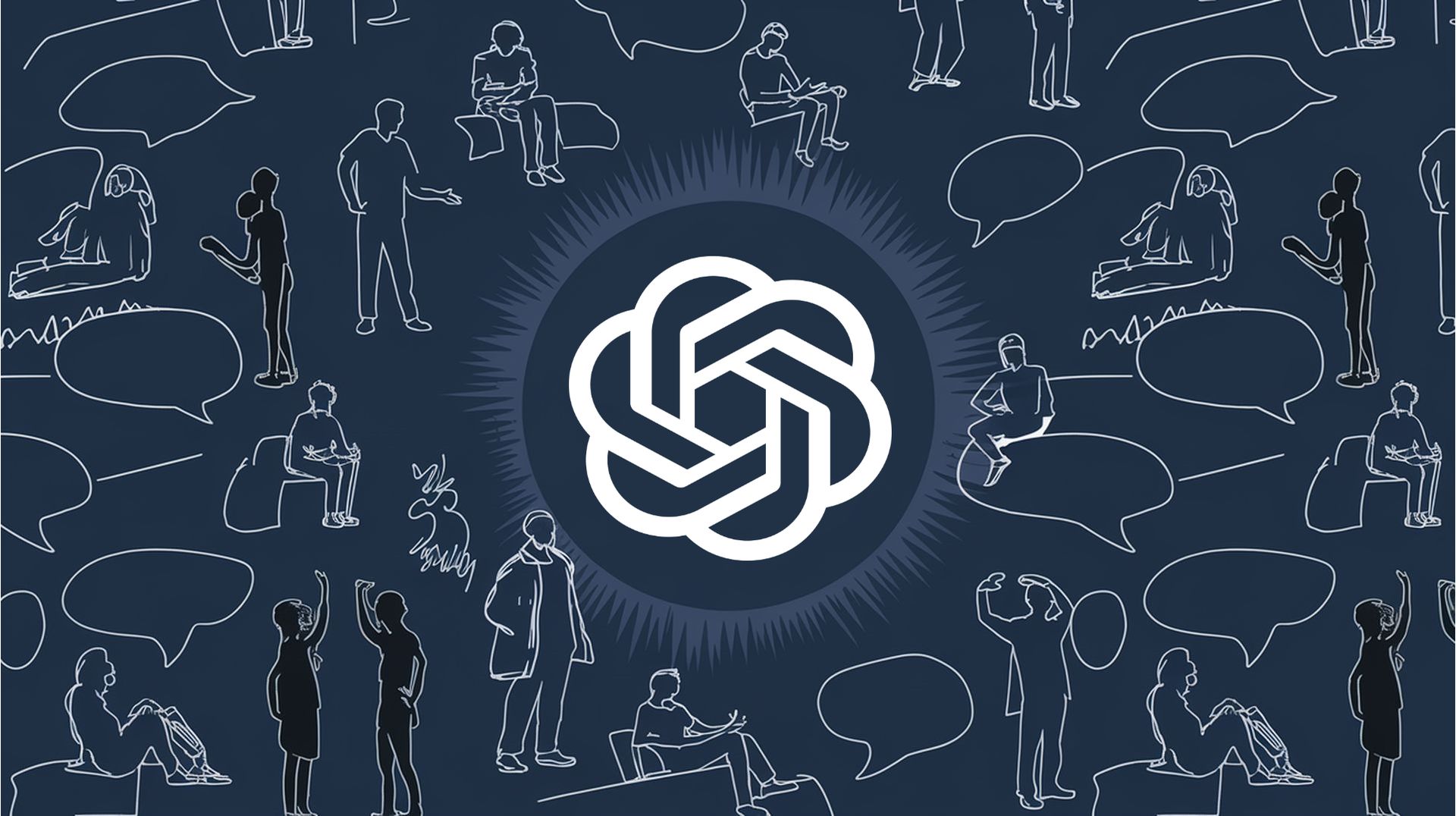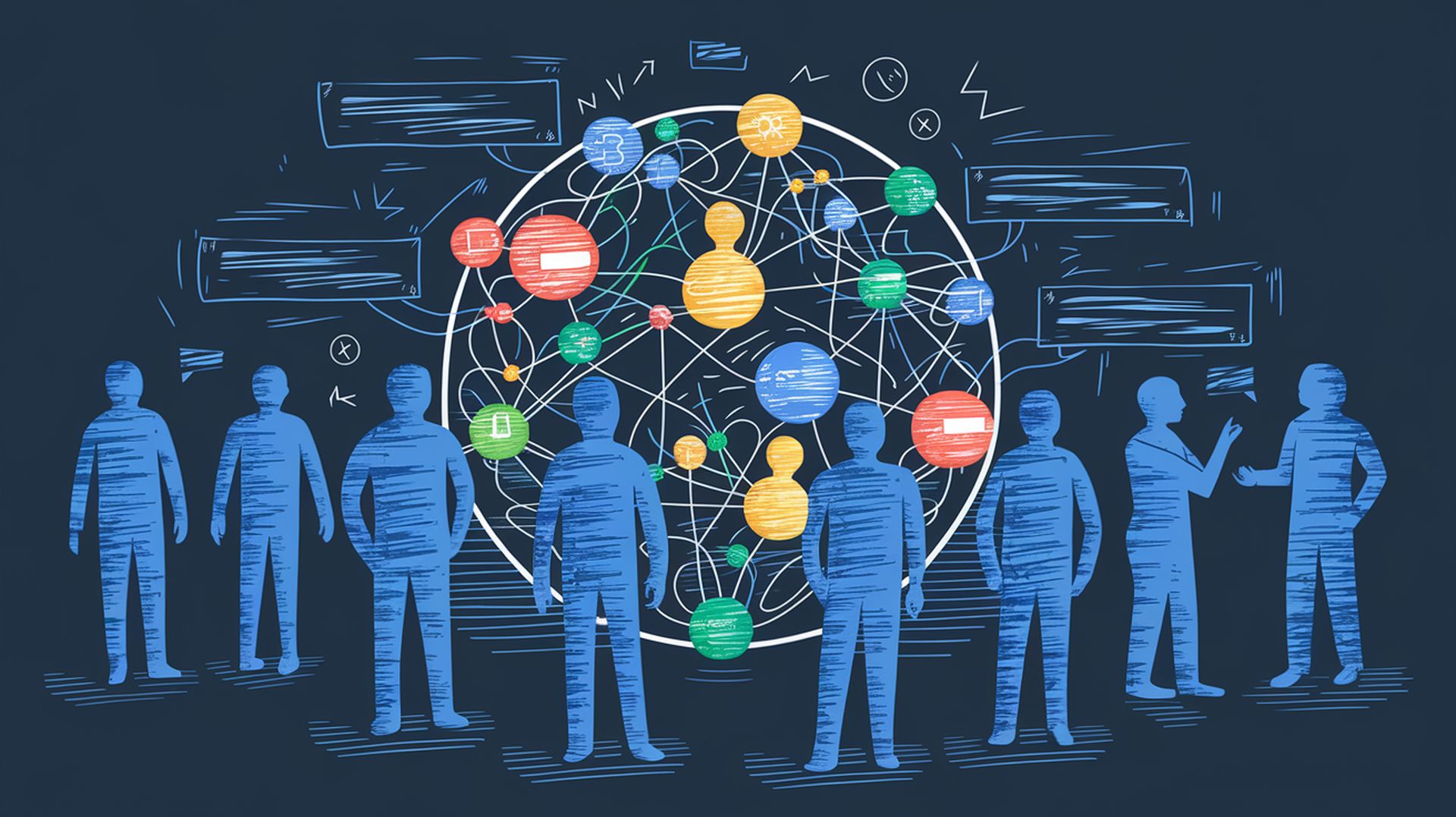and the distribution of digital products.
Former Pebble CEO joins OpenAI for a secretive AI project

A recent development in AI tech circles has stirred considerable curiosity: Gabor Cselle, an established tech entrepreneur and former CEO of the social platform Pebble, has joined OpenAI for an unspecified project. Known for his background in social media and AI innovation, Cselle’s addition to OpenAI is already prompting speculation about possible directions for the organization’s future initiatives.
Cselle’s announcement on X (formerly Twitter) stated that he’s already “learning a lot,” AI and tech enthusiasts are intrigued about what his expertise could bring to the AI research at OpenAI.
Excited to share that I’ve joined @OpenAI!
The talent density here is incredible. Learning a lot already. Will share more about what I’m working on in due time.
— Gabor Cselle (@gabor) November 1, 2024
Who is Gabor Cselle and why did he join OpenAI?Cselle brings extensive experience in both social media and AI. He was the co-founder and CEO of Pebble, a small but influential social media platform built around principles of moderation and user safety.
Prior to this, Cselle had launched reMail, a mobile email startup acquired by Google, and Namo Media, a native advertising platform later acquired by Twitter. His impressive history includes his role at Google’s Area 120 incubator, where he oversaw various AI-based and experimental tech projects. Cselle’s background in user experience and social platform engagement suggests he could contribute significantly to OpenAI’s ongoing exploration of AI’s role in digital interaction.
OpenAI’s possible directions with Cselle’s expertiseGiven Cselle’s unique expertise, his role at OpenAI may involve exploring AI’s potential across several possible realms, especially in social media moderation, user interaction algorithms, and AGI (Artificial General Intelligence). Below are a few promising directions that Cselle could spearhead, aligned with OpenAI’s mission of developing safe and broadly beneficial AI.
So why did OpenAI want to work with a social media expert? Here are some project they might be working on that come to our minds:
1. AI-moderated social media platformOne plausible direction is an OpenAI-backed social media platform, possibly one moderated entirely by AI. Cselle’s experience at Pebble, which prioritized safe user interactions, could be invaluable in creating an AI-driven social media experience that redefines how online communities engage.
The platform might use advanced language models, like GPT-4 or GPT-5, for intelligent moderation, applying nuanced understanding to context and user intent to prevent harmful interactions while encouraging positive communication.
 Cselle’s project might involve a fully AI-moderated social platform that could set a new precedent in managing digital communities
Cselle’s project might involve a fully AI-moderated social platform that could set a new precedent in managing digital communities
This type of social platform would go beyond traditional moderation, integrating intelligent, real-time agents capable of fostering conversations and providing tailored recommendations. For instance, users might interact with AI agents designed to steer discussions towards constructive engagement, filter inappropriate content, or simply offer insightful responses on various topics.
Such a model could become a groundbreaking alternative to today’s algorithm-driven platforms, where user attention is often prioritized over meaningful interaction.
2. A new social media algorithmCselle’s work at OpenAI could extend to developing a social media algorithm centered on ethical engagement rather than content maximization. By focusing on well-being metrics like encouraging diverse perspectives, mental health support, and identifying misinformation, OpenAI could create a new benchmark for quality engagement in social media. This approach may help redefine how algorithms drive interactions, shifting from “likes” and “shares” to balanced, thoughtful engagement that values user well-being.
 OpenAI could be creating a new social media algorithm that encourages well-being and meaningful interactions
OpenAI could be creating a new social media algorithm that encourages well-being and meaningful interactions
Moreover, OpenAI might sell this ethical algorithm as a service to smaller social media platforms, allowing them to adopt a healthier user engagement model without the burden of creating their own complex AI systems. Smaller platforms could leverage this as a cost-effective way to improve content recommendation, attract conscientious users, and differentiate themselves with OpenAI’s ethical AI branding. Such a business model could broaden OpenAI’s reach and impact on social media dynamics, offering AI that benefits both user experiences and the sustainability of smaller platforms.
3. An AGI training platformAnother potential direction might be a collaborative AGI training platform where users interact with AGI agents in various contexts—from social chats to technical problem-solving. This platform could serve as both a public space for social interaction and an AGI training tool, using real-time engagement to refine AGI’s understanding of nuanced human interactions and adaptability to diverse conversational contexts.
 OpenAI might launch a user-driven AGI training platform where users can interact with and help refine AGI systems
OpenAI might launch a user-driven AGI training platform where users can interact with and help refine AGI systems
In this scenario, OpenAI might even design a fully autonomous social platform where AGI agents interact, share information, and evolve within a structured environment. This experimental platform could yield insights into AGI’s social capabilities and responsiveness to ethical standards, with users witnessing AGI agents engaging in social settings independently.
Cselle’s experience in user experience design could make such a platform intuitive and accessible, providing a novel way to advance AGI while offering unique educational and interactive experiences for users.
A new era of social technology might be upon usIf Cselle’s new project involves any of these possibilities, it would align with OpenAI’s broader goals of promoting ethical AI and exploring novel applications for artificial intelligence. By introducing AI into social spaces, either through moderation, algorithms, or collaborative AGI training, OpenAI could establish a new paradigm for social technology. In an age where trust, privacy, and transparency are increasingly central to the digital experience, Cselle’s background in moderation, user engagement, and AI innovation positions him well to contribute to OpenAI’s vision of socially beneficial AI.
The exact details of Cselle’s project remain unknown, but his expertise suggests that OpenAI is seriously exploring new directions for AI that could reshape how we interact, learn, and connect in digital environments.
Image credits: Emre Çıtak/Ideogram AI
- Home
- About Us
- Write For Us / Submit Content
- Advertising And Affiliates
- Feeds And Syndication
- Contact Us
- Login
- Privacy
All Rights Reserved. Copyright , Central Coast Communications, Inc.